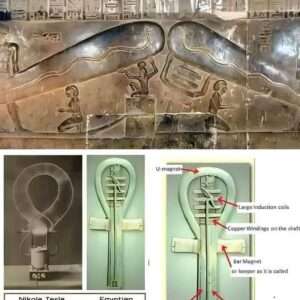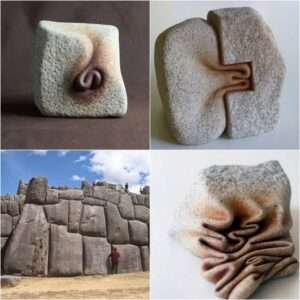After the assassination of Emperor Commodus in 192 AD, there was a power struggle in the Roman Empire, known as the Year of the Five Emperors. Septimius Severus emerged victorious and became the sole ruler of the empire. He sought to strengthen his position by securing the loyalty of the military and establishing his authority.

One of the key aspects of Septimius Severus’s reign was his military campaigns. He led many successful military expeditions to expand and defend the boundaries of the Roman Empire. One of his most significant achievements was the conquest of Parthia in 198 AD, which brought wealth and prestige to the empire.
Septimius Severus was also known for his administrative reforms. He sought to centralize power within the imperial court and increase the efficiency of government bureaucracy. He implemented various reforms to improve the economy, including currency devaluation and increased taxation.
Despite his successes, Septimius Severus faced several challenges during his reign. He had to deal with internal revolts and external threats to the empire. He also faced opposition from the Senate, which resented his authoritarian rule and military focus.
In his personal life, Septimius Severus was known for his strong relationships with his family, particularly his wife, Julia Domna, and their sons, Caracalla and Geta. However, his decision to name both of his sons as co-emperors led to a bitter rivalry between them, ultimately resulting in the assassination of Geta at the hands of Caracalla.

Septimius Severus passed away in 211 AD while on a military campaign in Britain. He was succeeded by his son Caracalla, who continued his father’s policies but ruled with a more tyrannical and erratic demeanor.
Overall, Septimius Severus left a lasting impact on the Roman Empire through his military conquests, administrative reforms, and efforts to maintain stability. He is remembered as a skilled leader who navigated the complexities of ruling a vast empire during a turbulent period in its history.





